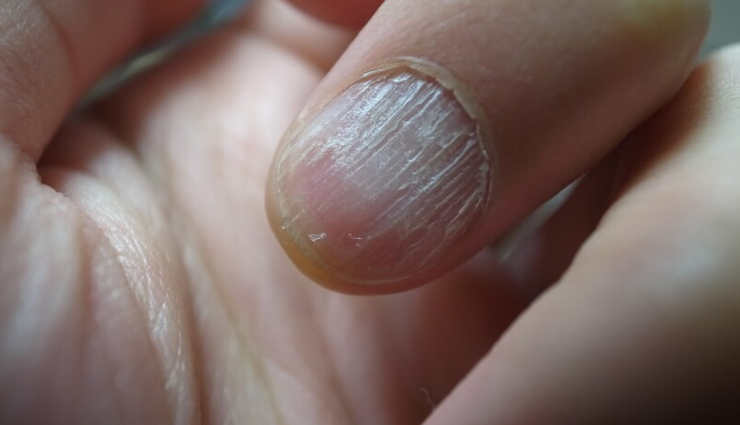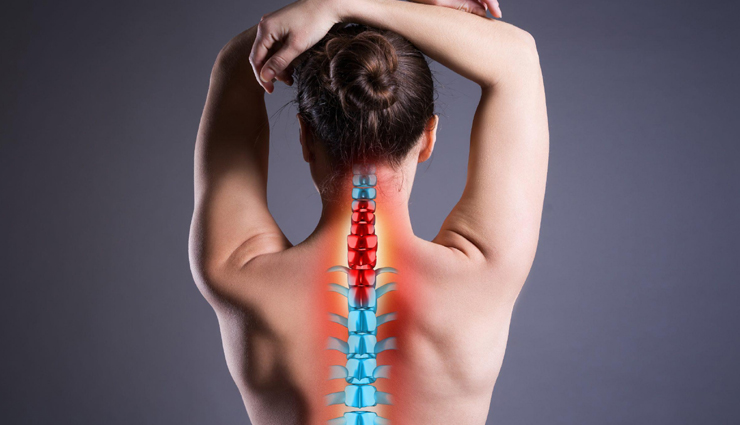- Home›
- Healthy Living›
- 7 Major Signs Of Calcium Deficiency In Your Body
7 Major Signs Of Calcium Deficiency In Your Body
By: Priyanka Maheshwari Wed, 31 May 2023 8:11:20

Calcium is a necessary mineral that aids in the maintenance of healthy bones and teeth, as well as the appropriate functioning of different body systems. Calcium shortage, commonly known as hypocalcemia, can occur when the body does not get enough calcium. Recognising calcium deficient signs and symptoms is critical for early management and avoidance of linked health problems. In this post, we will look at 7 significant indicators of calcium shortage in your body and explain the necessity of treating it.

# Muscle Weakness and Cramps
Calcium's principal function is to enable muscular contraction and relaxation. Inadequate calcium levels can cause muscular weakness, cramps, and even spasms. If you get recurrent muscular cramps, especially in your legs, this might be an indication of calcium shortage.

# Brittle Nails and Hair
Calcium deficiency can affect the health of your nails and hair. Brittle and easily breakable nails, along with dry and fragile hair, are common signs of inadequate calcium levels in the body. Calcium contributes to the structural integrity of these tissues, and a deficiency can lead to their weakened condition.

# Dental Issues
Calcium is essential for maintaining strong and healthy teeth. Insufficient calcium can lead to dental problems such as weakened tooth enamel, increased tooth sensitivity, and an increased risk of tooth decay. If you frequently experience dental issues despite good oral hygiene practices, it could be a sign of calcium deficiency.

# Osteoporosis and Bone Fractures
Calcium plays a pivotal role in building and maintaining strong bones. A deficiency in calcium can increase the risk of developing osteoporosis, a condition characterized by weak and brittle bones. Individuals with calcium deficiency are more prone to fractures, even from minor falls or injuries.

# Numbness and Tingling Sensations
Calcium is involved in nerve function and communication. Inadequate calcium levels can disrupt nerve signaling, leading to symptoms such as numbness, tingling, and a sensation of pins and needles in the hands, feet, or other parts of the body.

# Fatigue and Lethargy
Low levels of calcium can contribute to fatigue and a general feeling of lethargy. Calcium is involved in the release of neurotransmitters that regulate energy production in the body. When calcium levels are insufficient, it can result in reduced energy levels and overall fatigue.

# Poor Blood Clotting
Calcium is essential in the blood coagulation process. A calcium shortage can cause poor blood coagulation, making it harder for the body to stop bleeding from small accidents or wounds. Easy bruising and prolonged bleeding are classic symptoms of low calcium levels.





